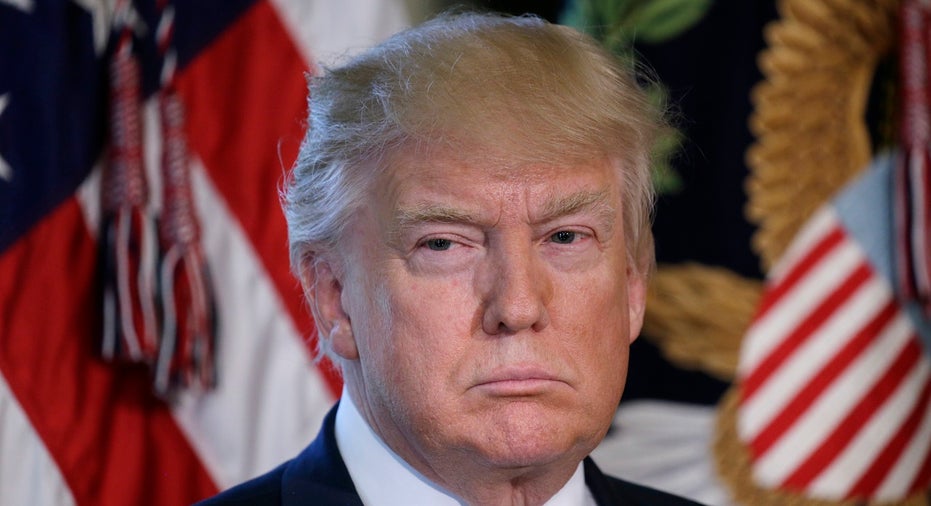As Clock Winds Down, Can Trump Pass the Corporate Tax Cut in First 100 Days?

President Donald Trump has promised to deliver the most sweeping tax reform package since President Ronald Reagan in the 1980s, but he might have more luck getting a piece of it – a 20 percentage point cut to the corporate tax rate – through during his first 100 days if he is willing to press pause on personal tax cuts, according to some policy experts.
“The best tax cut he can do is the corporate tax cut… he can put it in immediately,†Art Laffer, former economic adviser to President Ronald Reagan, told FOX Business.
The United States’ business tax rate is 35 percent, the highest among developed countries belonging to the Organization for Economic Co-operation and Development (OECD) and also one of the highest across the entire world.
Laffer, who helped Reagan usher through his tax overhaul, said the best way for the Trump administration to move forward is to delay action on personal tax cuts for the time being.
“Personal income taxes come with a huge morass of special interest pandering that makes it really difficult … it is very difficult to do within the first 100 days,†he said. “[But] Democrats would love to see the corporate rate reduced.â€
Brian Riedl, Manhattan Institute senior fellow and former chief economist to Sen. Rob Portman, agreed, telling FOX Business he doesn’t see a comprehensive tax reform bill passing with either bipartisan votes or partisan support through reconciliation. Though if Republicans throw all of their muscle behind the corporate tax cut, they may run into a different set of problems, he said.
“Most Democrats in private completely understand [the need for a corporate tax rate cut] and get it. But they have gotten so much political mileage off of calling it a tax break for multinationals… I’m not sure politically they can actually turn around [and support it],†he said.
This week, Trump demanded his staff work on slashing the corporate rate to 15 percent regardless of the potential impact on deficit projections, pushing those concerns to the backburner, according to a report Monday from The Wall Street Journal. This may be another sticking point for Democrats.
“Democrats want it to be revenue neutral. They want pay-fors and base-broadeners that the business community won’t accept,†Riedl said.
Republican Congressional leaders will meet with administration officials Tuesday night, where the group is expected to hash out details of the highly anticipated tax reform plan which could be introduced as early as Wednesday.
Another corporate tax reform issue business owners are focused on is whether the administration moves forward with a switch to a “territorial†system. Right now the U.S. uses a worldwide taxation process, which means a company headquartered in the U.S. with subsidiaries abroad must pay the U.S. corporate income tax on all profits regardless of where the cash is earned; profits made in a foreign country are not only subject to that country’s income tax, but also the United States’. A territorial taxation process taxes only the income earned by a company within the specific country. The United States is the only G-7 country that still has a worldwide tax system.
“It has almost become a fiduciary responsibility of [U.S.] companies to invert,†Riedl said, referring to corporate inversions, which happens when a U.S.-based company moves overseas to reduce or avoid the tax burden on income.
House Speaker Paul Ryan’s “Better Way†plan proposed switching to a territorial tax system in order to level the playing field and discourage companies from inversions. Riedl thinks Wednesday’s plan will include a move away from the worldwide taxation system.
The president has pledged to redomecile businesses and bring back the more than $2 trillion in profits companies are stashing overseas in order to avoid paying America’s deep tariffs. Revamping the corporate tax rate to level the playing field for American companies is one way he can make good on his promise, Riedl said.
“It has been a lost decade of growth, you can’t blame the economic recovery anymore,†he said.



















